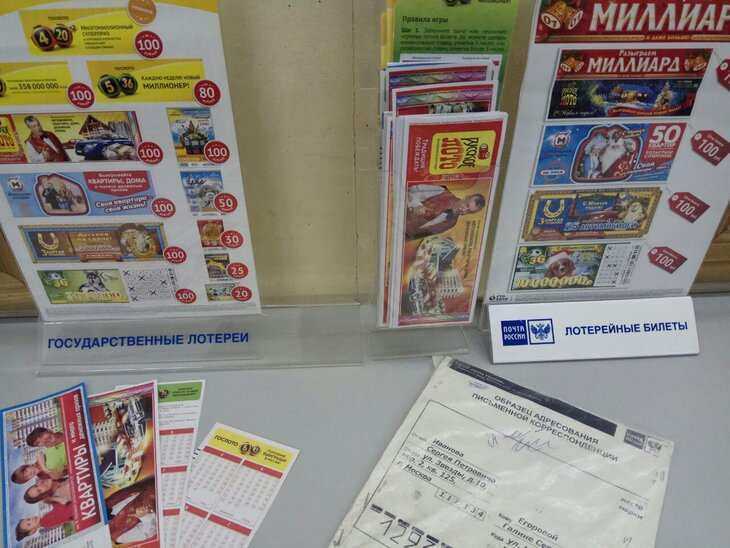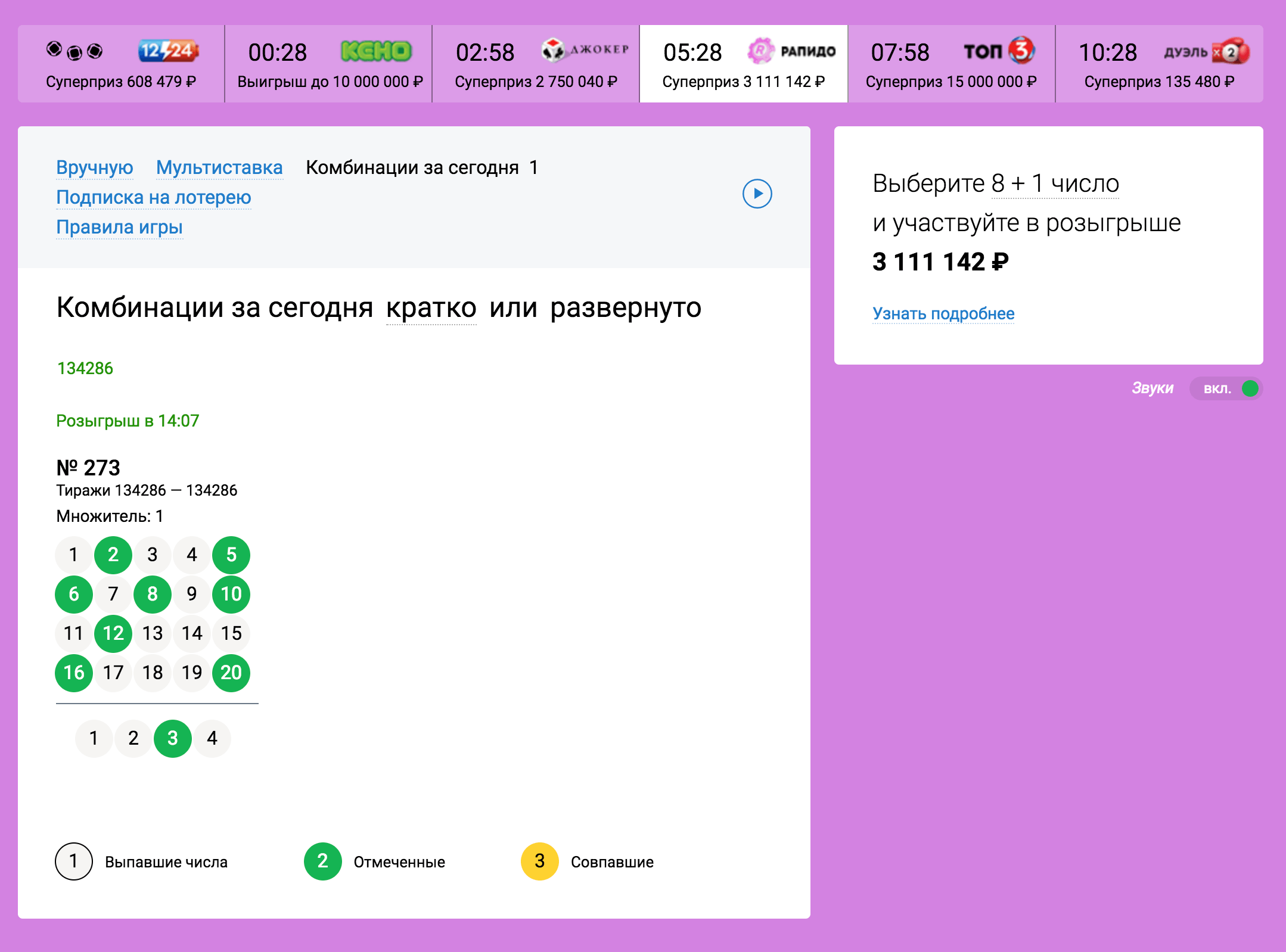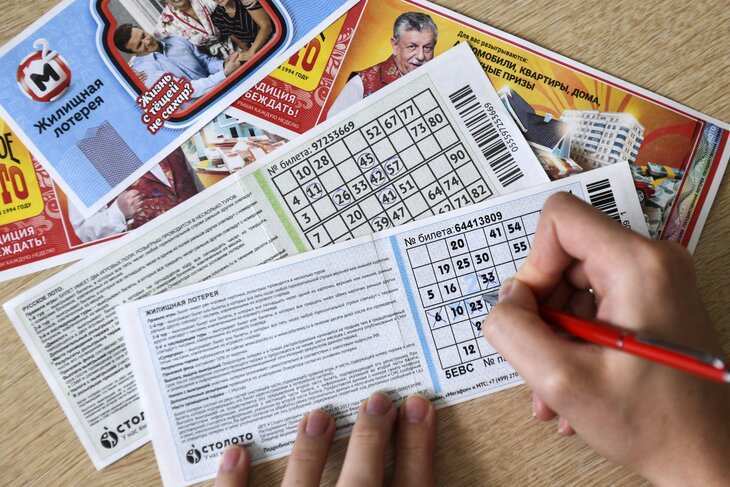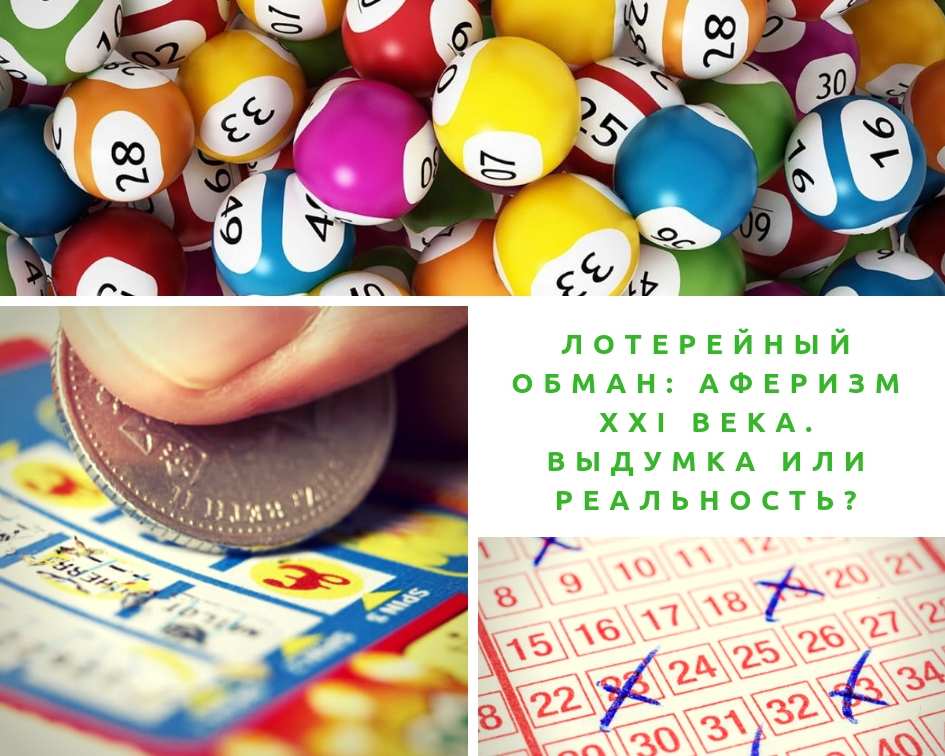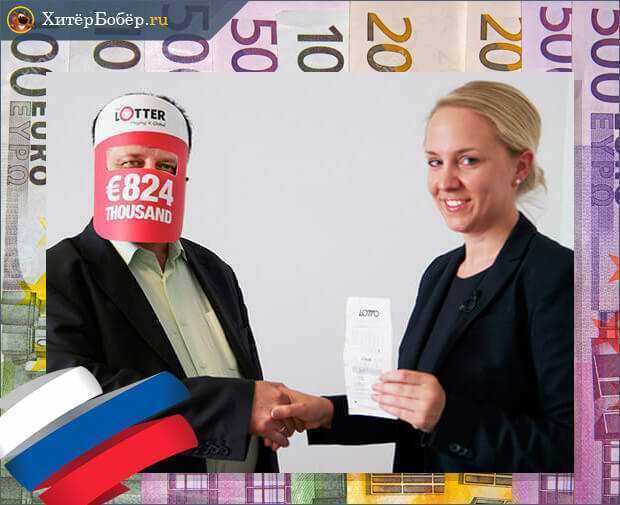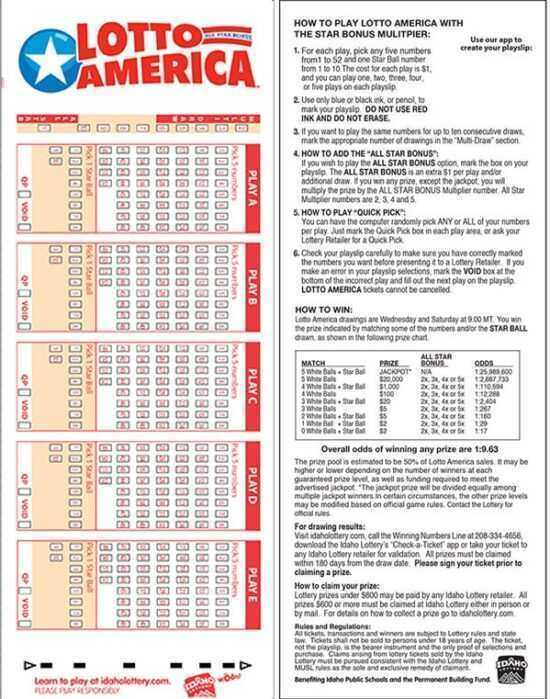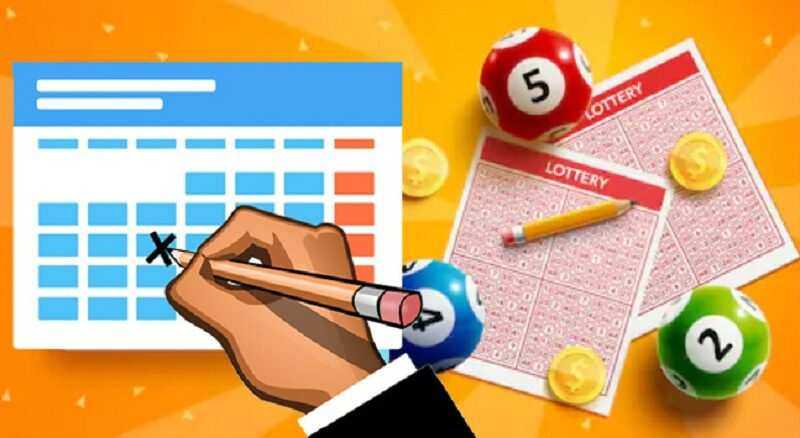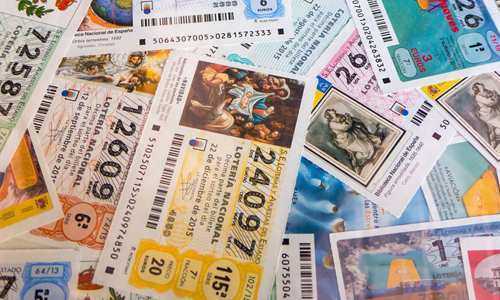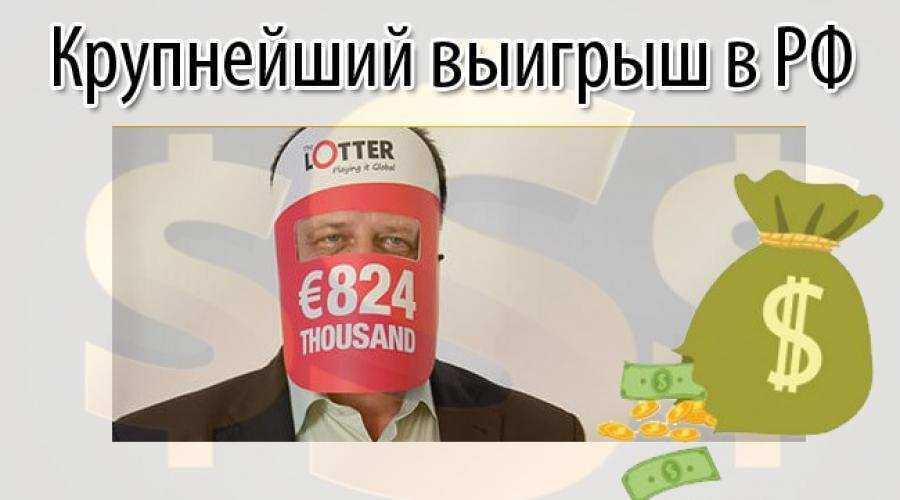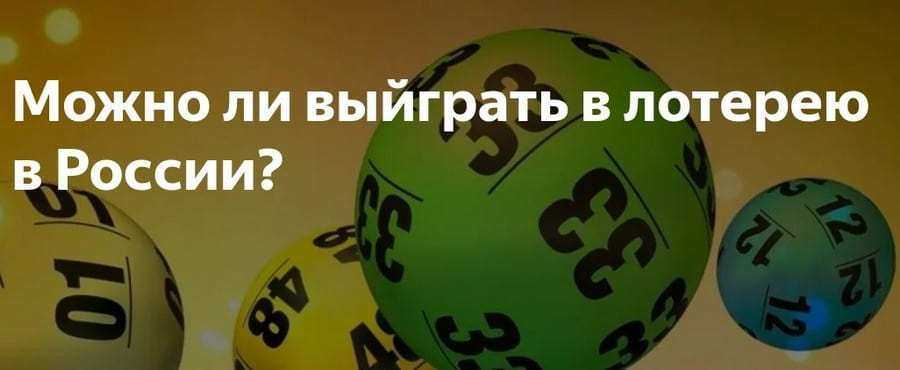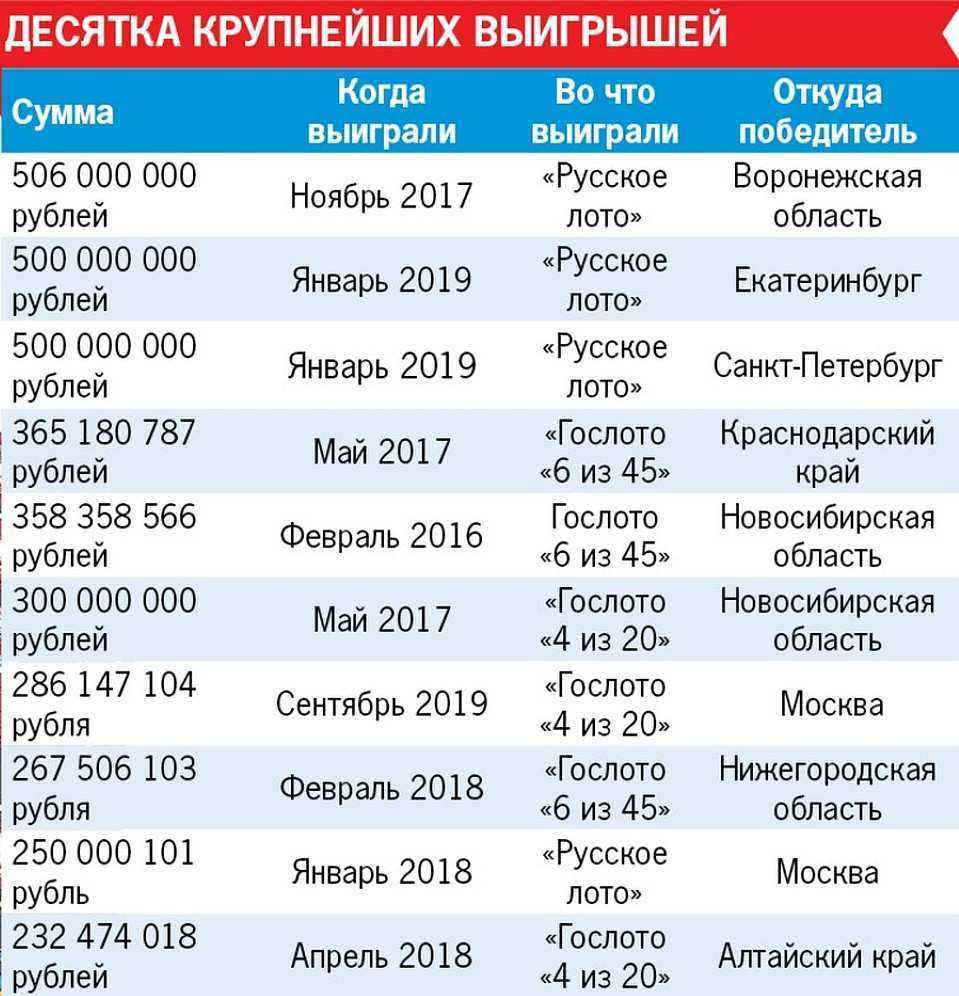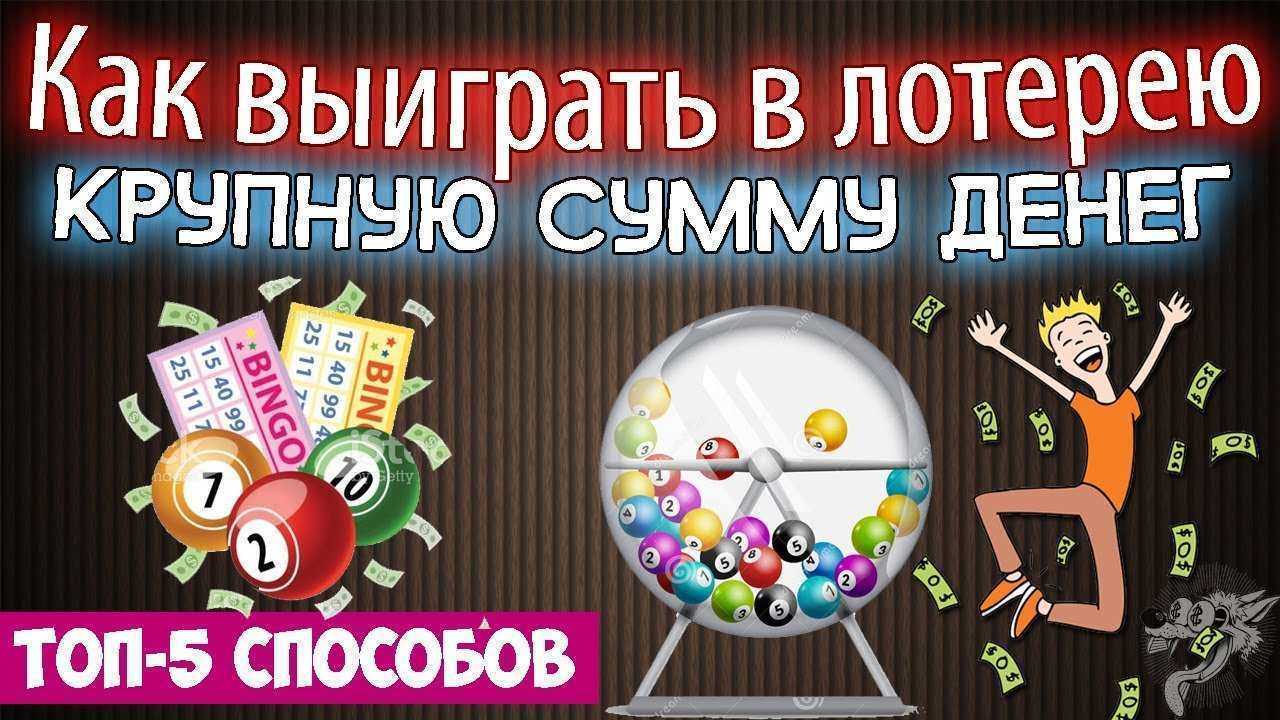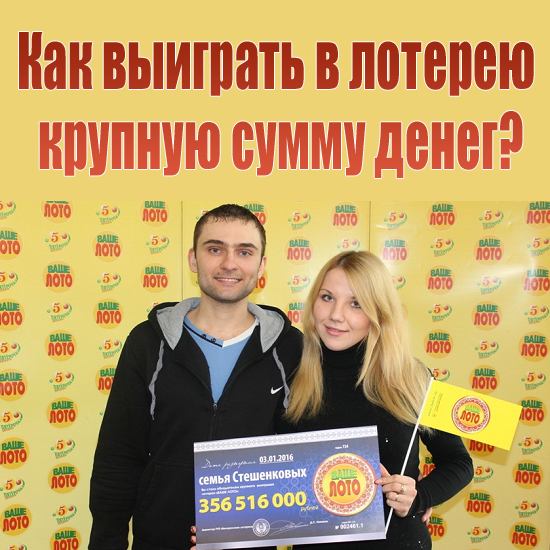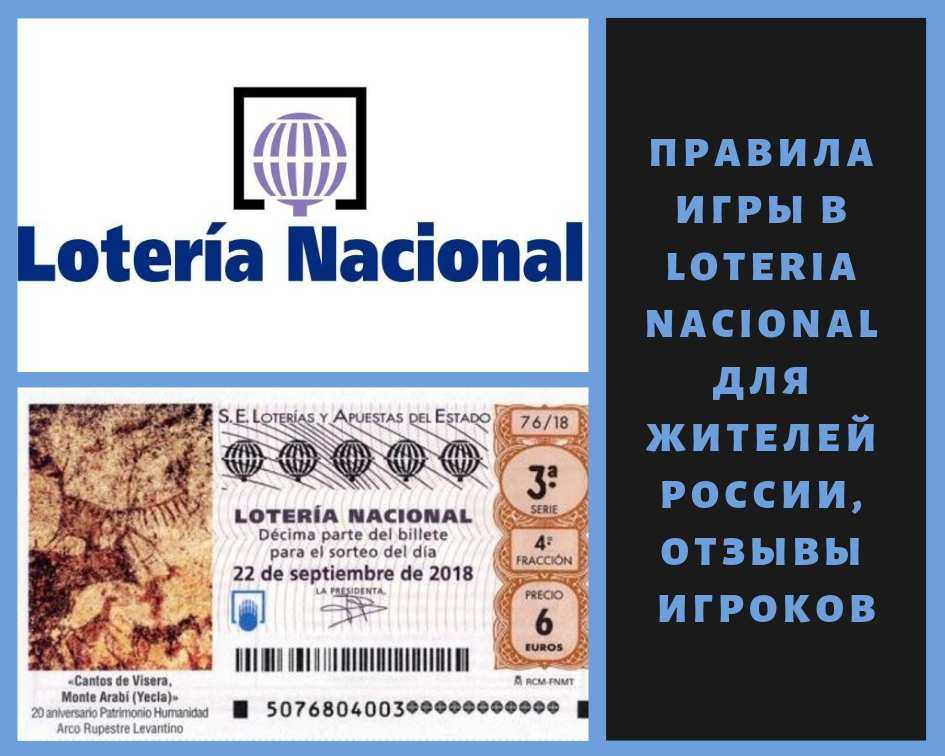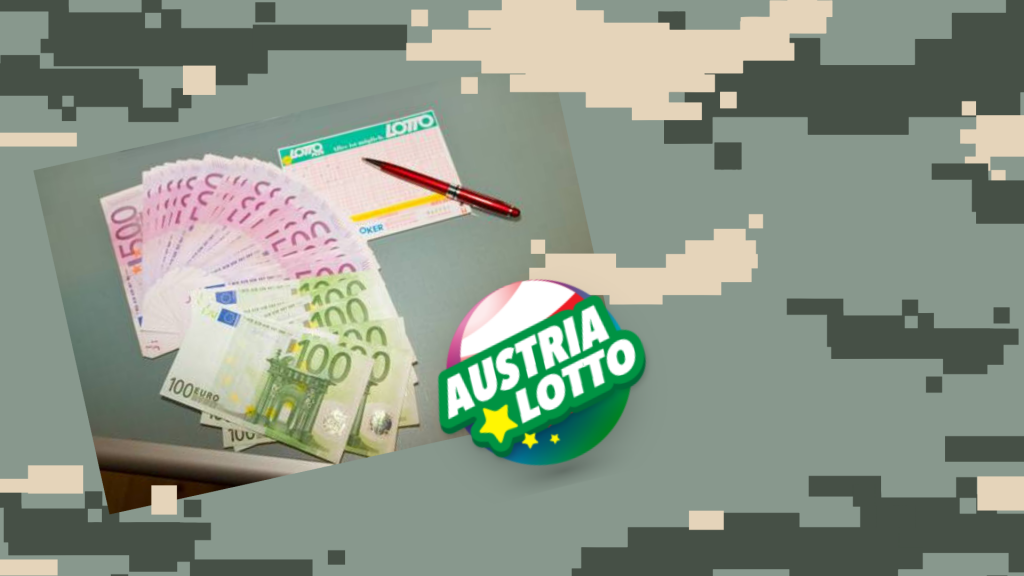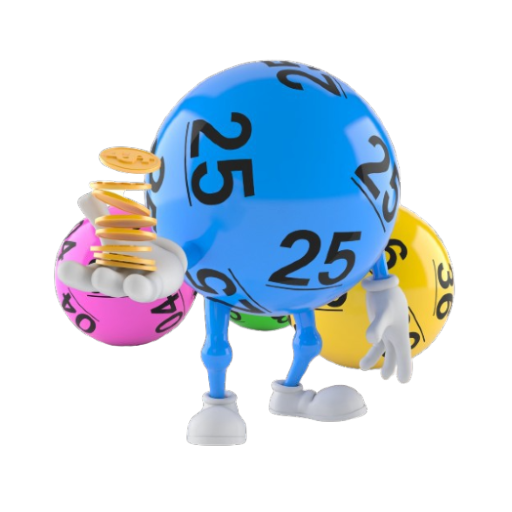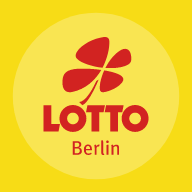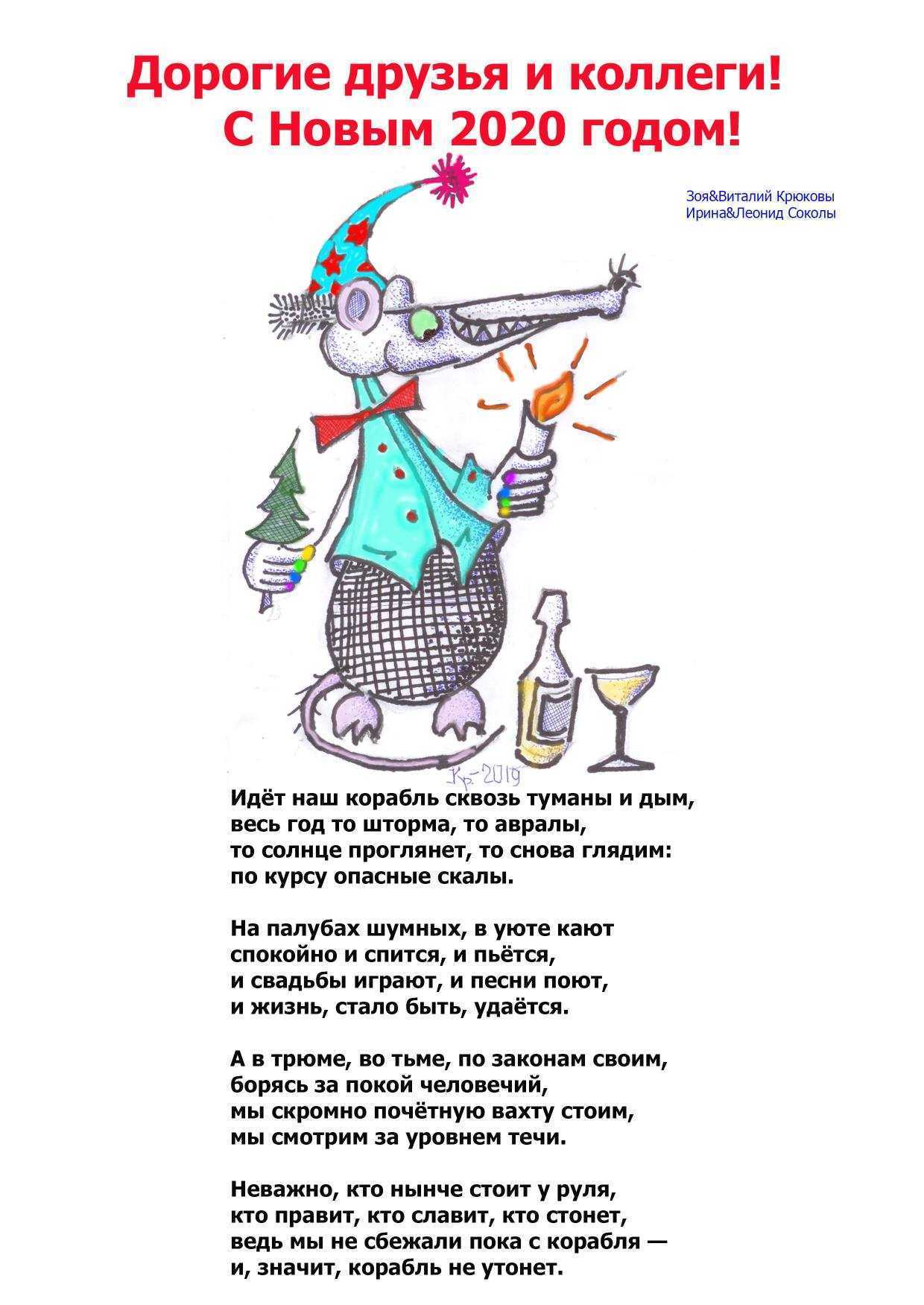The rule 1. Assess the risks
It's no secret for a modern enlightened person, that casinos and various gambling establishments calculate all their games as, to always be the winner and make a profit. This is done very simply: the person needs to return the winnings, which correlates with his bet downward compared to his chances of winning.
There are no exceptions, unless someone specifically wants to give you money. Keep this simple rule in mind, to always look at the situation soberly.
Game theory evaluates any strategy in the same way: the probability of getting a win is multiplied by its size. Roughly speaking, mathematics counts, what is guaranteed to get 1 000 rubles - how to get 2 000 rubles with a 50% chance. This principle gives you the ability to roughly compare different games with each other.. What's better: million dollar with a chance 1/100 000 or 50 dollars with a chance 1/4? It seems intuitive, that the first sentence is more interesting, but the latter is more mathematically advantageous.
If you stay within the framework of math alone, can be calculated: it is impossible to win at the casino, because any chosen strategy leads to, that the product of the probability of winning by the size of the payment for the player is always lower than the bet, which he already did.
And also because, that money is nonlinear for us: formally obtain 1 ruble right now is how to get a million rubles with a chance 1/1 000 000, but in fact, the loss of the ruble will not affect our condition in any way, nothing will change in life, but getting a million is a very serious event.
The rule 2. Play openly
Unfortunately, we cannot penetrate the inner kitchen of the lottery. But it is useful to understand at least the formal procedure for, how exactly is the drawing going.
for example, the famous one-armed bandit slot machines and other slot machines are actually a bit of a hoax: on the wheel, which the player sees, symbols of different values are drawn, but at the same time everything is arranged like this, for the player to think, as if the chances of getting each symbol are the same. Actually (in old machines - mechanically, and in modern - using the program) the present is hidden behind every visible wheel, where valuable symbols are rare, and cheap ones often.
"Open" lotteries in this sense are much more honest. The format is widespread in the USA, when the ticket either contains a sequence of numbers, or it is chosen by the buyer independently. In Russia, eg, prefer lotto format: there are several lines of numbers on the ticket, and you need to close or one of them (ordinary victory), or all (jackpot). In theory, the lottery firm could "specially" print and sell non-winning tickets, and then juggle the order of the balls, but in practice large companies don't: lottery organizers always win, and the scandal in the event of an autopsy of bad faith will be huge.
If you intend to gamble, it will be useful to understand its mechanics and make sure that there is no stakeholder influence on the results.
What are the chances?
First you need to figure it out, what do mathematicians think about winning a foreign lottery game.
If you delve deeper into science and turn your attention to factorials as a way of calculating probability, then we can make the following inference: when choosing a lottery game, based on the principle 6 of 45, the probability of becoming the owner of the main lottery prize is 1 to 8 millions. You think, that such a chance is negligible? No matter how!
You think, that such a chance is negligible? No matter how!
Other representatives of the foreign lottery world provide a much lower chance of winning the jackpot. For example:
- EuroMillions (EuroMillions) – 1 to 250 millions;
- Powerball (Powerball) – 1 to 175 millions;
- MegaMillions (MegaMillions) – 1 to 115 millions.
Chances of getting a prize in any other win category, certainly, many times higher, but the amounts are radically different from the value of the jackpot. The probability of winning the smallest prize in these lotteries is:
- for EuroMillions 1 to 15;
- for Powerball 1 to 55;
- for MegaMillions 1 to 20.
Вероятность выигрыша можно самостоятельно рассчитать по математической формуле:
Chance = D (the size of the main prize): (TO (number of probable number combinations): C (lottery ticket price))
The perfection and accuracy of this formula is suspect. Mostly mathematical formulas, calculating the probability of an event, give very approximate calculations. After all, they take into account absolutely all combinations of numbers., but you most likely will not give preference to the number series 12,13,14,15,16,17, and the formula will take it into account.
After the numerical component, let's get down to visualization. Imagine (as much as possible), that millions of participants from all over the world are claiming the place of the winner and lucky winner of the jackpot. And only one of them can take this place.
